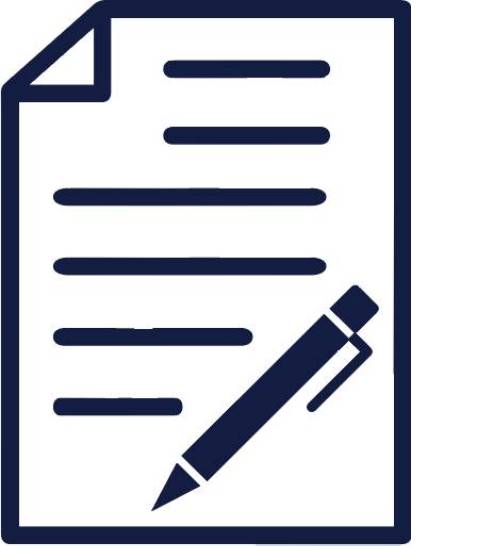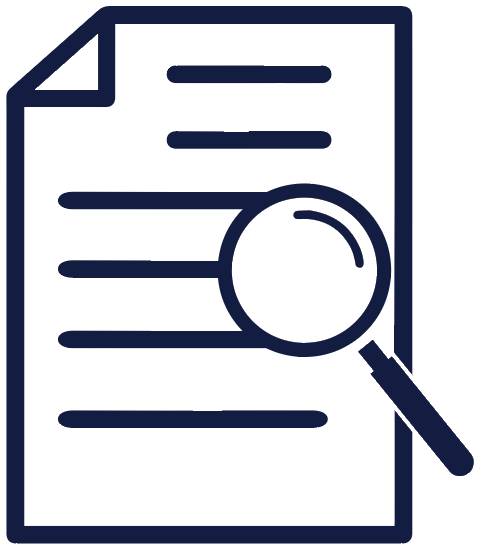
Article Summary:
There are a lot of materials available on the market to roof your property. Knowing which type of metal roofing is best for your project, weather conditions and the style of your home is an important decision.
Metal roofing is a versatile, low-maintenance, long-lasting form of roofing, which is becoming more and more popular on a range of building types when compared to traditional clay tiles, slate or felt roofing.
Metal roofing is available in a wide range of colours, profiles, and materials, each of which comes with its own properties and benefits, making it perfect for residential homes or commercial buildings.
This article will break down the different variations of roofing metal to highlight which is the best metal roof to use for your home or building.
What are the Different Types of Metal Roofing Materials?
There is a wide range of metal roof types available on the market, with each one boasting that they are better than the next. With such a wide range of types of metal roofing for homes, you would be correct to assume that they are all similar, with similar pros and cons. However, types of metal roofing materials on the market differ due to the need for a wide range of roofing requirements.
Find out the best metal roof for your project by first understanding the differences between our most common metal roofing materials.
STEEL OR METAL ROOFING
Steel is a high-quality, resistant metal with a range of beneficial properties, designed to give your metal roof a long life with little maintenance. All Cladco Metal Roofing Sheets are manufactured using high-quality, galvanised steel to protect them from the weather.
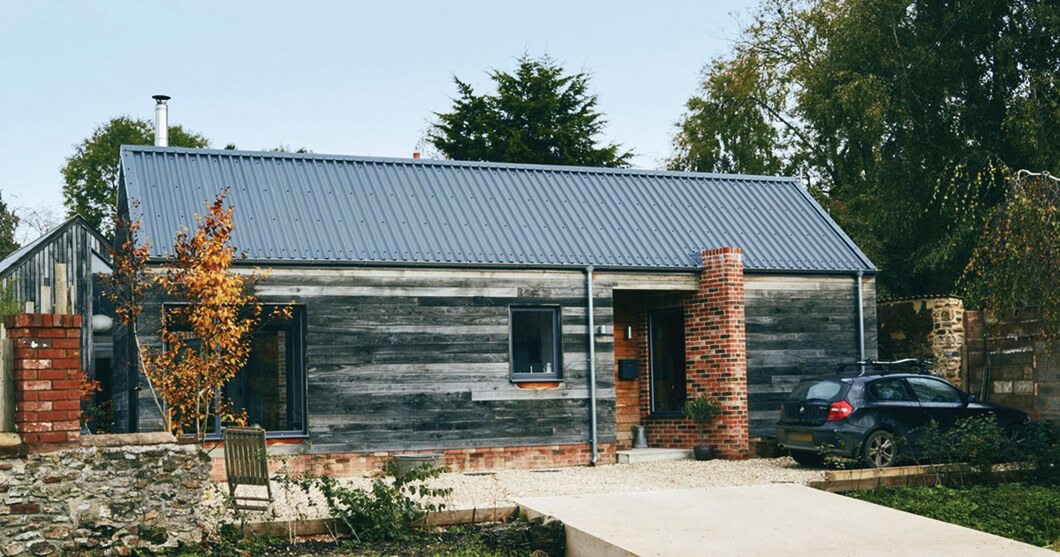
ALUMINUM ROOFING
Aluminum is one of the most popular types of metal roofs. Aluminum is the most abundant naturally occurring mineral, which is malleable and easy to work with.
COPPER ROOFING
Copper is a soft and malleable metal with high thermal and electrical conductivity properties. Copper roofing benefits from the metal's natural elements for a lightweight and attractive roof, great for residential and commercial buildings.
TIN ROOFING
Tin is a rarely-used roofing sheet material and is often used when describing other metal roofs. However, in roofing, the term tin is often used when referring to steel roofing.
ZINC ROOFING
Zinc is a high-quality naturally-sourced metal element that can be formed into shingles, panels, sheets or cladding for various building and zinc roofing systems.
Steel or Metal Roofing: Pros/Cons & Avg Cost
When talking about metal roofing, stainless steel tends to dominate the market. Steel is made up of iron and carbon, forming a strong metal alloy that can be rolled into various lengths, widths and Profiles.
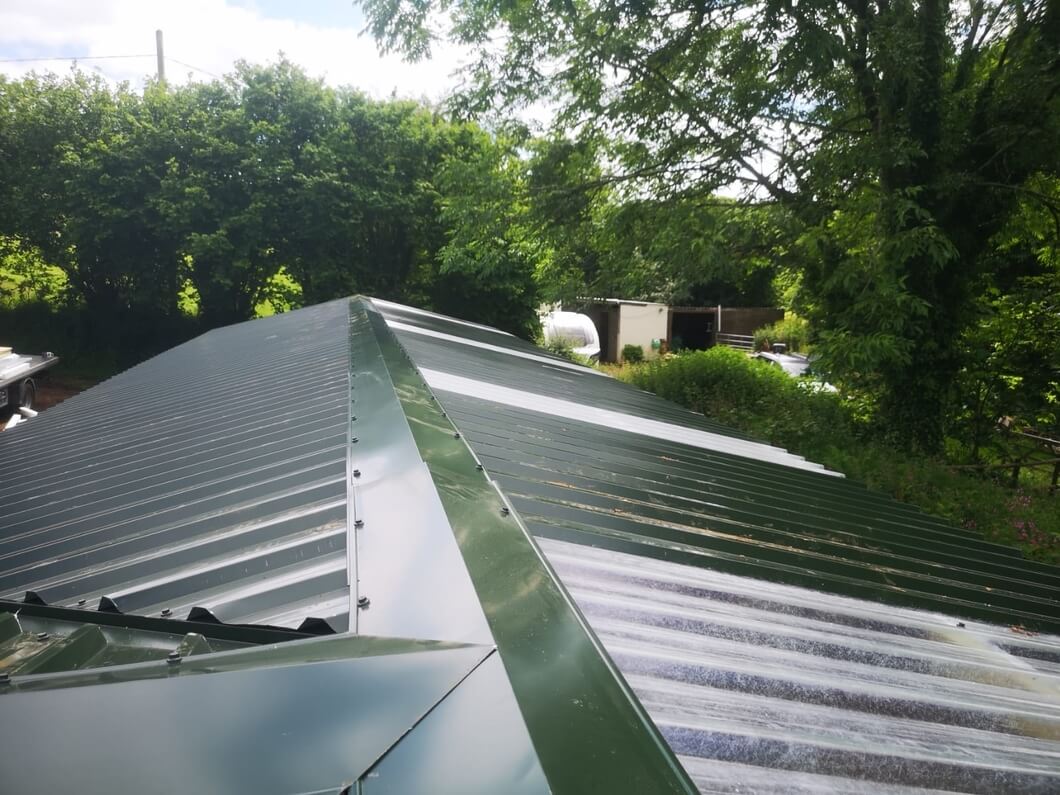
There are three varieties of steel, which are used in different circumstances, including:
Galvanised Steel - Galvanised steel is manufactured using a layer of zinc. The zinc gives the sheet an extended life by protecting the inner layers of the steel from corrosion. Galvanised steel sheet metal and roofing panels are the most common steel metal roofing on the market.
Galvalume Steel - Like galvanised, but instead of using just zinc to coat the steel, galvalume steel uses zinc metal with aluminum. Aluminum zinc protects the steel from a range of environments, including rust and corrosion.
Thanks to its aluminum qualities, galvalume roofing can stand the test of time and offers improved protection. Care must be taken during the installation of sheets, as the surface can be easily scratched and marked.
Weathering Steel: Weathering steel is a metal that has been designed and manufactured for the heavy steel industry and is commonly used for building projects such as bridges.
The outer layer of metal is designed to corrode and rust, which, while sounding counterproductive, will protect the interior of the metal. Weathering steel is not the right metal for structural buildings because it will rust and require regular maintenance.
The type of metal roofing you will need will depend on your project, environment and budget. Each variety of steel gives a range of different benefits. However, most varieties of steel have the following properties:
Pros of Steel Roofing:
- Rust and corrosion-resistant.
- Lightweight and easy to install.
- One of the most affordable metal roofing materials available.
- It is available in a wide variety of colours.
- Steel roofing can be manufactured in a range of Profiles, including Standing Seam, Corrugated, Tileform, and Box Profile.
- Can be recycled.
- Easy to maintain - once installed, unlike other forms of roofing panels, steel materials do not require heavy maintenance, other than keeping leaves, debris and branches off.
- It should last for many years to come.
- Durable - Not easily dented by hail, animals walking on it, or debris.
Cons of Steel Roofing:
- If not regularly cleared of debris or animal droppings, the sheets can become damaged.
- If not properly installed, steel roofing may not last as long as pricier metal roofing panels.
Steel roofing is a popular choice for a wide range of roofing types due to the affordability of the metal. Cladco Roofing is manufactured in a range of Profiles.
The average price for these metal roofing types per square metre is £11.40, including VAT.
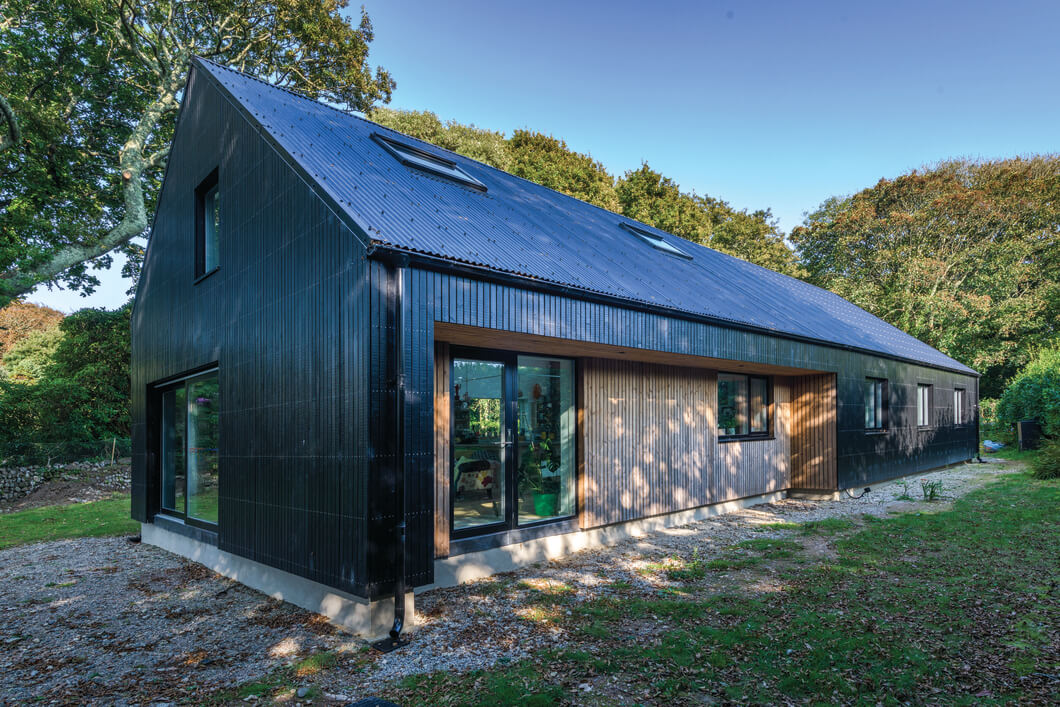
Aluminum Roofing: Pros/Cons & Avg Cost
Aluminum roofing is an ideal metal roofing type when installing your roof near the coast. Aluminum roof is a great option for various building projects, including home and business installation. Aluminum is one of the most abundant types of metal available on the planet, which is why it is often used for a range of metal roofing materials.
Pros of Aluminum Roofing:
- Highly reactive to the climate, temperature and environment.
- Resistant to corrosion and rust.
- Lightweight and easy to install.
- Energy-efficient - an aluminum roof can absorb heat and retain it, helping to keep your home warmer.
- Can be easily recycled - ideal long-life material.
- Malleable - can easily be formed into a range of styles to look like shingles, tile, stone or clay.
Cons of Aluminum Roofing:
- Because of its malleable benefits, aluminum is a soft material and can dent easily.
- Due to its corrosion resistance, aluminium roofing can be more expensive than other metal roofs.
- If not treated or coated, an aluminum roof can fade and become discoloured.
- Aluminum roofing can require more maintenance compared to steel roof sheets.
Aluminum is a mid-range roofing material in terms of price, making it an affordable option for home installation and businesses. Roofing costs can differ depending on the size, style, thickness, and length of aluminum. However, the average price of aluminum can be around £45-£120 per square metre.
Copper Roofing: Pros/Cons & Avg Cost
Copper roofing has been a material used within the roofing sector all over the world for centuries. Known for its striking appearance, copper gives your building a fantastic unique appearance. Copper can be formed into a range of roofing materials, including tiles, shingles, panels and sheets, so no matter what size or style your project is; copper will be able to form a metal roof.
Pros of Copper Roofing:
- Attractive - using copper roofing gives any building a fantastic appearance, which will change colour as the copper ages, for an ever-evolving building appearance.
- Long-lasting - if installed properly and well maintained, a copper roof should last up to and sometimes beyond 80 years. There are many buildings around the world with copper roofs, which have been standing for decades.
- This lightweight metal is easy to install. The weight of the metal reduces the amount of pressure your building will be subjected to over time.
- Rust and corrosion resistance - the greenish patina covering that copper develops helps to protect the sheet from corrosion and the elements.
- Unlike other metals, copper can be soldered to create a watertight seal between roofs, flashings, and gutters.
- It can be shaped into a range of long-lasting roofing forms, including a copper shingle roofing design as an attractive alternative to asphalt shingles.
Cons of Copper Roofing:
- While people are drawn to copper for the attractive copper colour, when the element reacts with oxygen then discolouration can occur. This is called patination, where the metal forms a green coating. The patina colour can vary, meaning there is no assurance of colour in your building. In some environments, this may take longer or happen sooner.
- If not installed properly, expansion and contraction can occur on a copper roof.
- Copper roofing installations can cause run-off staining on the walls or cladding of your building. Roofing contractors can install your cooper roof to ensure adequate drainage for water and to help prevent this from happening.
- Copper is an expensive material to purchase due to its longevity and attractive benefits. Compared to asphalt shingles, copper can be over four times the price.
Copper is known as a premium metal roofing material. The high-quality, aesthetically pleasing and long-lasting metal roofing panels can range from £60-£160 per square metre.
Tin Roofing: Pros/Cons & Avg Cost
Tin roofing is often used when discussing metal roofing. Sheets are rolled from steel which has tin chemically bonded to the metal, helping to prevent the roof from cracking and increasing its durability. This type of roofing has gradually declined in use.
This is unlike steel or aluminum roofs, which are manufactured using the same metal throughout and are still often used today. While tin is predominantly combined with steel, it is often compared to aluminum, as they share very similar qualities.
Pros of Tin:
- Lightweight - Tin will not put as much pressure or weight on your structure as a heavier type of metal roofing would.
- Easy to install - This type of metal is lightweight the sheets and panels can be installed with ease.
- Resistant to corrosion.
- Long-lasting tin sheets or panels can last as long as steel or aluminum materials.
Cons of Tin:
- Tin sheets are rarely used anymore and there are few places around to purchase.
Cost of Tin Roofing:
- A tin roofing panel is no longer a manufactured material, which means the costs per square metre can vary drastically, from £4 per metre square to £16 per square metre.
Zinc or Metal Roofing: Pros/Cons & Avg Cost
Similar to copper, zinc can be used to create a variety of roofing panels for striking and unique aesthetical designs for a roof.
Zinc can be formed in a number of ways, including corrugated metal roofing which is made to stand the test of time. Zinc material has become steadily popular amongst builders and architects due to its attractive appearance and longevity.
Copper or zinc roofing have similar benefits, such as reacting to the atmosphere where the colours and properties of the metal change due to the patination process.
Pros of Zinc:
- Zinc is a widely available element, making it available for a range of roofing installations.
- Longevity -zinc can often last between 60-100 years if properly installed and maintained.
- Unlike tiles or shingles, a zinc metal roofing panel, like other types of metal, may help your home save energy as the metal absorbs the sun's heat.
- Like copper, zinc also reacts to the moisture and carbon dioxide in the atmosphere and will form a protective layer of zinc carbonate, which helps to prevent the roof from corrosion.
- A copper or zinc roof can be fitted near the coast without worrying about the negative impact of increased moisture and salt in the air.
- Exposure to UV light should not weather or degrade the metal.
Cons of Zinc:
- Zinc roofing is one of the most expensive roofing materials to purchase and install.
- Requires maintenance over the years to keep it looking its best.
- Should have an anti-corrosion coating on the underside of the panel.
- Once the zinc goes through the patina process, chalking can sometimes occur in areas where water runs off the roof. The white lines left behind can be unattractive.
Cost of Zinc:
Zinc is seen as a pricer material to use on a roofing installation, with costs averaging around £20-£70 per square metre at the time of writing this article.
Choosing the Right Type of Metal Sheet Profile
Many of the above types of metal can be used to create a range of roofing styles including:
Standing seam metal roofing - A standing seam roof is where the roofing system includes a concealed fastening or feature. Where a corrugated roof consists of formed metal, where the edges are overlapped and fastened down together. A standing seam roof features roofing metal formed into panels with vertical ribs at the ends.
Standing seam is installed by lapping and interlocking the panels, which are then fastened down, meaning there are no exposed fasteners. Standing seam metal roof can be manufactured using any metal. Standing seam roofs are often pricer than corrugated or other roofing profiles.
Corrugated metal roofing - Corrugated metal is often used to give the appearance of old weathered, zinc or galvanised roofing. Aluminum or steel, as well as copper or zinc, can be formed into corrugated roofing. Unlike standing seam metal roofing, corrugated metal roofing is an economical way of fitting your roofing materials.
Shingle roofing - Lightweight shingles can be manufactured from steel, copper, zinc or aluminum roofing metal for a durable and light roofing system that can last up to 50 years and be fitted on roofs with low pitches.
Roofing panels - Can be manufactured into various profiles, colours and coatings, all at various costs. Find out more here.
All types of metal roofs are energy efficient and can help your home maintain heat if your home is properly insulated in other ways.
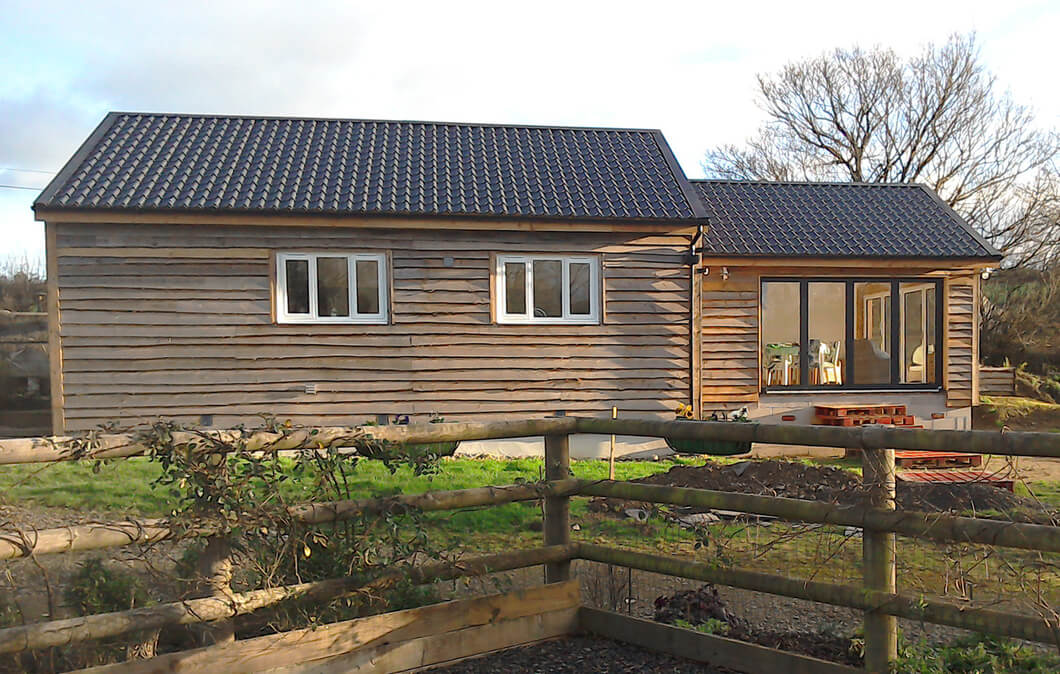
Conclusion
When considering what is the best metal roof, while there isn't one perfect type of roof, your installation will have its own cost budget, style and location. Adding a roof to your home, business, or other buildings is an important decision, and making sure you have the correct roofing materials for your roof is vital.
When it comes to installing a high-quality, low-maintenance roofing sheet, aluminum or steel is a low-cost option, with a range of beneficial properties. Use the information mentioned above to see which material has the best price, properties and look for you.
If you know the size of your project, see our easy-to-use online Roofing Calculator which will estimate how many Sheets, Screws, and Accessories are needed for your project.

To find out more about our range of Cladco Galvanised Steel Roofing, see our website, order a Sample, or call our friendly sales team on 01837 659901 who would be happy to assist you further.

